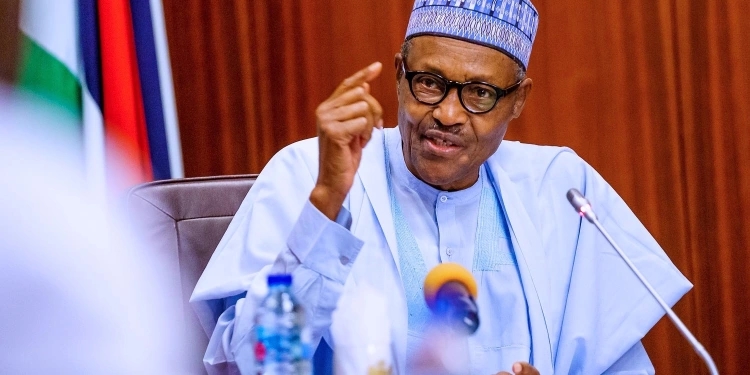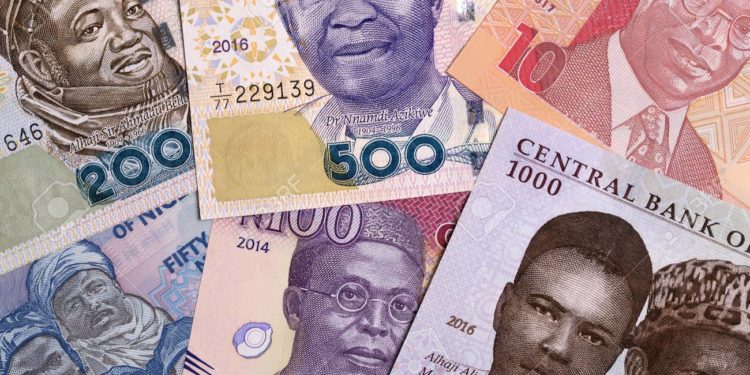Nigeria’s president Muhammadu Buhari is on track to leave an external reserve of about $36 billion going to Nairametrics projections.
The president met an external reserve of $29.4 billion when he became president on May 29th, 2015. At the time, the country faced a foreign exchange crisis with reserves having depleted by a whopping $4.8 billion year to date.
The government of Goodluck Jonathan faced a different set of challenges at the time driven mainly by plummeting global oil prices and a forex policy of defending the naira with reserves.
External reserves under Buhari: However, as soon as Buhari took office the external reserve will plummet by $525 million by the end of that year. Things got worse in 2016 as the country faced a recession due to exacerbating crude oil crisis. The government also held the exchange rate fixed at N197/$1 for almost two years sending reserves down to as low as $23.9 billion in late 2016.
The dire implication of operating at very low external reserve levels forced the government to adopt a new forex policy direction through the introduction of the Investor and Exporter Window operated by the FMDQOTC via NAFEX.
The central bank also introduced an incentivized interest rate policy that offered high-interest rates in exchange for importing dollars into the country.
This policy helped swell the external reserves to as high as $47 billion in 2019, the highest level since 2013. But the policy was too expensive to continue, especially as it did not focus on stimulating local production or lead to any major export earnings.
Thus, the unwinding that started in 2019 coincided with the plummeting of the external reserves from then on. The covid-19 pandemic also made things worse as foreign investment dried up. By the first quarter of 2020, external reserves had lost about $3 billion falling to $35 billion.
A slew of IMF, World Bank and Eurobond loans have helped shore up external reserves since 2020 with crude oil theft and foreign investment apathy drying up time-tested sources of forex inflow.
What will the next president inherit? The next president is likely to inherit around $36 billion going by the net cash flows recorded for external reserves since 2022.
The central bank under Godwin Emefiele has been stingy with doling out forex to defend the naira except in extreme circumstances when it did so towards the end of 2022.
A gradual uptick in crude oil output is also a bonus to forex inflow sources giving the apex bank an
added buffer to maintain reserve levels.
There is also no external loan repayment due between now and June, thus outflows from the reserves will be tied to payments for imports.
The incoming president however has a $500 million Eurobond due by July 2023 and a $1.118 billion due November 2025 to worry about.
Meanwhile, the CBN continues to come up with policies aimed at increasing Nigeria’s forex inflow through the
non-oil export routes and remittances.
This could be a positive for the coming president if these policies yield impressive inflows into the Nigerian economy.
What this means: The size of reserves a president inherits is often a topic of debate when comparing economic performance.
The external reserve is a measure of how strong an economy is, especially from the point of view of foreign currency stability, being able to pay for imports and defend its currency.
Presidential administrations and the head of the apex bank will often look towards boosting the nation’s external reserves, mostly suggesting the ability of the currency to remain strong against other currencies of the world.






















This is a poor performance by the Government. Assuming no Eurobond borrowings, reserves will be $22billion. This $37billion does not taking into consideration foreign investors’ funds that trapped, over $600m of airlines funds that also trapped and SWAP transactions by CBN. The $37 billion is grossly overstated. Government also squander the opportunity to grow its reserves during period when crude oil prices were high in 2022.